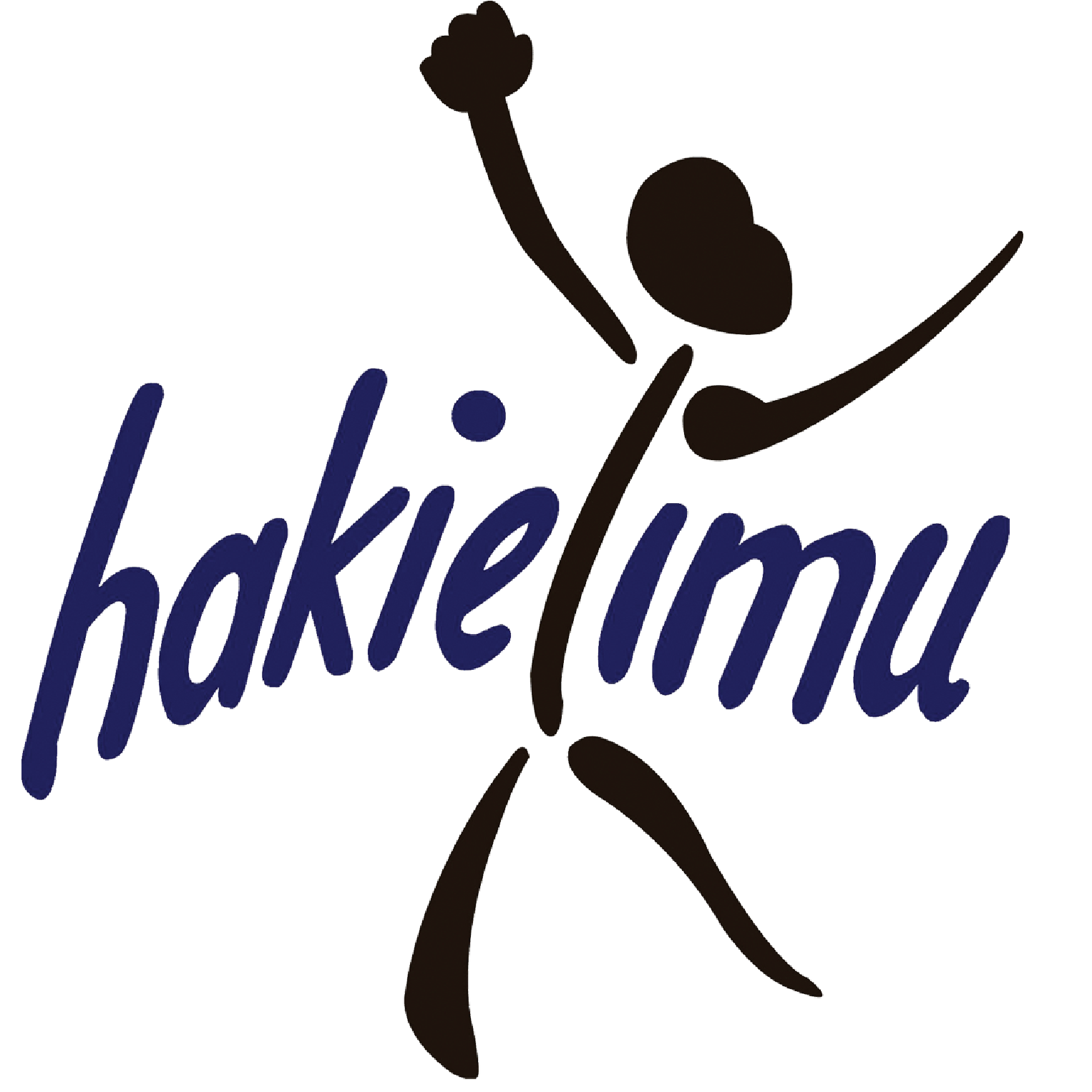At HakiElimu, we believe that every child regardless of gender deserves access to quality, inclusive education. However, creating truly equitable learning environments requires more than just policies and goodwill. It demands deliberate, coordinated action especially from those who shape education systems at the grassroots level. That’s why, through our Gender and Education Transformative (GET) project, we are working closely with Local Government Authorities (LGAs) to ensure that gender equality is embedded at the core of education planning and budgeting.
Why Local Government Matters
In Tanzania, the implementation of education policies falls under the Regional Administration and Local Government (RALG). LGAs are not merely administrators rather they play a critical role in translating national gender equality commitments into tangible changes at the community level. Without their active involvement, meaningful progress remains out of reach.
Recognizing this crucial role, HakiElimu recently convened a four-day stakeholders’ engagement meeting at Nashera Hotel in Dodoma. The reflection session brought together 40 officials from eight GET project councils: Musoma, Muleba, Babati, Iramba, Korogwe, Mpwapwa, Kilosa, and Mkuranga. The objective was to strengthen the participants’ capacity to implement gender-responsive practices in education planning and service delivery.
Building Skills, Identifying Gaps, Driving Change
During the sessions, participants engaged deeply with the concept of gender equality in education. They explored key gender concepts, assessed how gender biases may be present in existing education plans, and learned practical strategies for integrating gender considerations into their daily work.
A significant part of the workshop involved reviewing the 2024/25 and 2025/26 education plans and budgets to identify areas where gender issues were overlooked. Based on these insights, participants collaboratively developed a Gender Mainstreaming Framework to guide their actions through 2027/28. This framework is not just a strategic document it is a roadmap toward more inclusive and effective governance.
Participants came from a diverse range of departments, including Planning, Community Development, Social Welfare, and Education, representing both primary and secondary school levels. This diversity promoted a comprehensive and inclusive discussion, reinforcing that achieving gender equity is a shared responsibility across all sectors.
Voices from the Field
The workshop left a lasting impression on participants; many of whom reflected on the new knowledge and perspectives they had gained.
Key Quote: Learning about gender-responsive budgeting was eye-opening. It’s vital for promoting gender equality, starting in our families and reaching all of society.
Key Quote 2: I have learned about gender equality because I had a deep desire for this issue to be given high priority. I will personally prioritize implementing gender equality in all of my activities.
These reflections underscore an important truth that when officials are empowered with the right tools and understanding, they become influential agents of change in their communities.
Looking Ahead
The journey towards gender transformative education is neither quick nor easy but it is one worth pursuing. Progress is being made step by step, plan by plan, and budget by budget. At HakiElimu, we are committed to walking this path alongside our local government partners, ensuring that national commitments translate into meaningful change at the grassroots level.
Our continued support through the GET project goes beyond capacity building. It is about empowering LGAs to become champions of equality, inclusion, and justice. Because real transformation does not happen in policy papers, it happens when leaders at all levels take committed action to make education work for every child.

